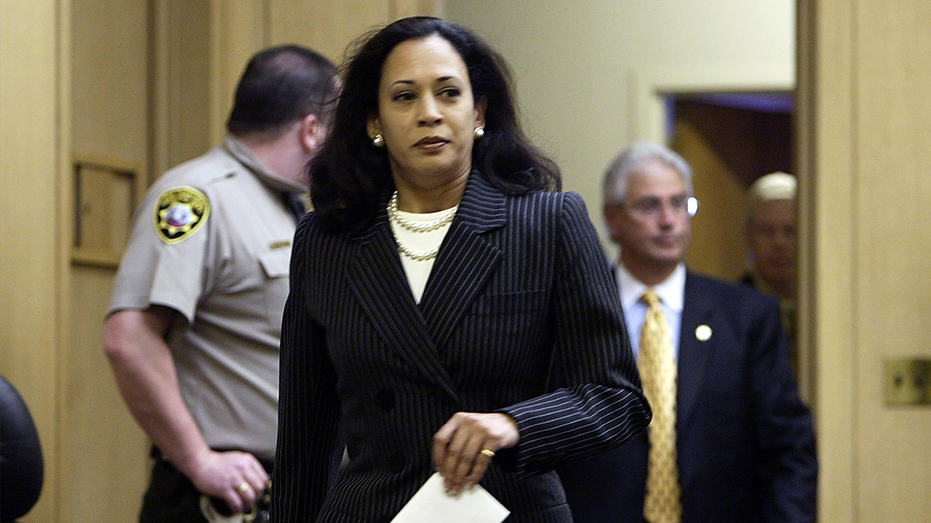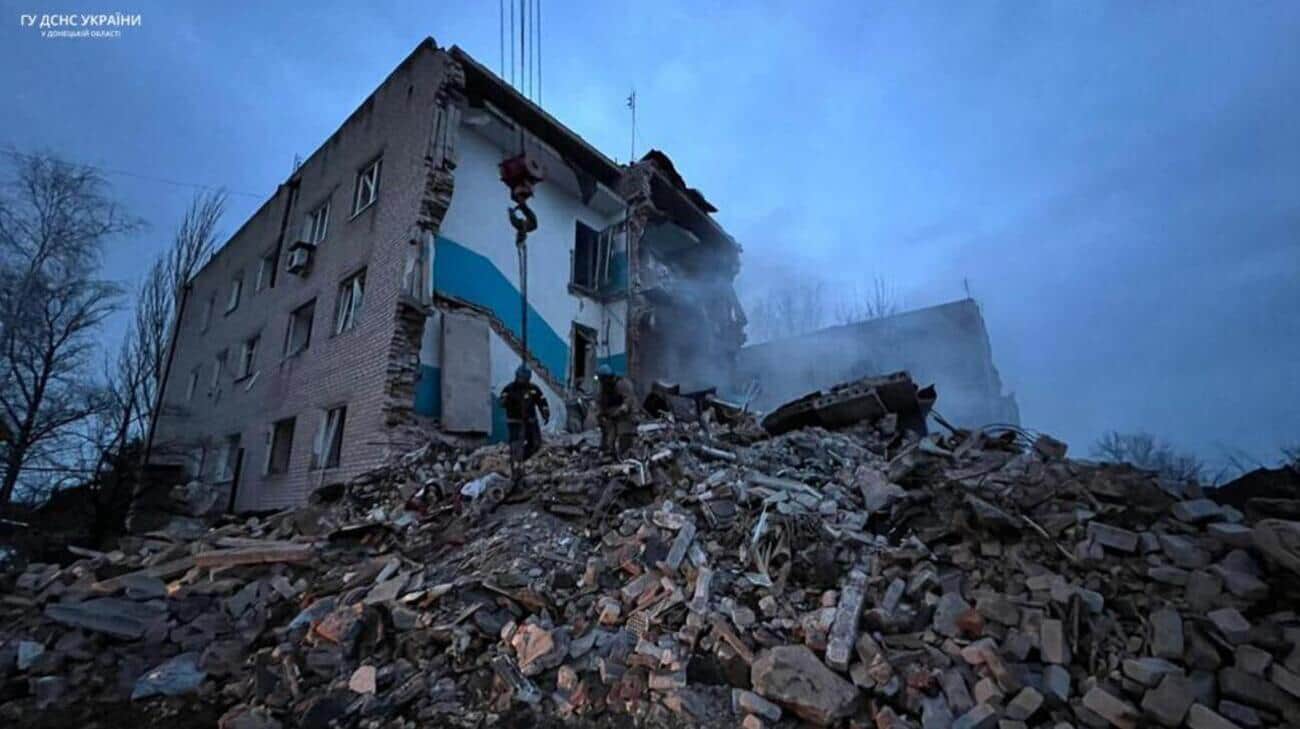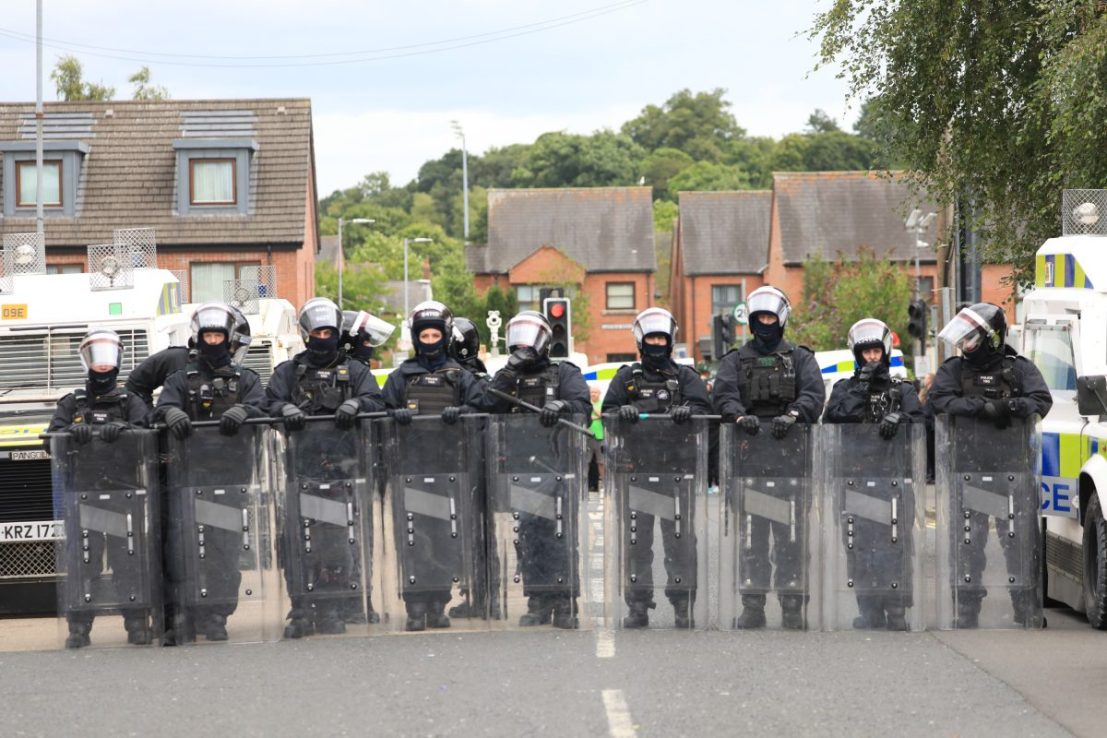Kamala Harris' failure at 'prosecutor 101' basics led to hundreds of drug convictions being tossed out: expert
Kamala Harris faced a scandal in 2010 when she served as San Francisco district attorney, which resulted in her office dismissing an estimated 1,000 drug cases and convictions.

Vice President Kamala Harris dismissed hundreds of drug convictions and cases when she served as San Francisco district attorney amid an evidence lab scandal involving cocaine use that rocked her office.
Ahead of her run for the White House, Harris' district attorney's office was hit by a scandal in 2010 involving a lab technician with a criminal background who allegedly took cocaine home from the evidence lab and possibly tainted hundreds of other cases. The scandal unfolded as Harris hit the campaign trail to become the Golden State’s attorney general.
The lab tech had reportedly become unreliable at work in the weeks leading up to the alleged cocaine theft, with the DA’s lead drug prosecutor sounding the alarm in a 2009 email to a colleague, stating the lab tech had become "increasingly UNDEPENDABLE for testimony" and that the situation at the lab was "ridiculous" and jeopardized drug cases, SF Gate reported at the time. Lab techs frequently testified when San Francisco prosecutors headed to court.
The issue that plagued Harris’ office was that the DA team did not inform defense attorneys of the issues involving the technician and cocaine. Since the Supreme Court’s 1963 ruling in Brady v. Maryland, prosecutors have been required to turn over evidence that could exonerate suspects.
In Harris’ office, however, the team had no written procedure on how to handle "Brady material" or "Brady implications," sparking a scandal that dragged out for months in 2010. Harris said amid the scandal that she was not made aware of concerns surrounding the drug lab and the technician until February 2010, months after lead drug prosecutor Sharon Woo sent an email in November to a colleague outlining the "ridiculous" state of the lab, SF Gate reported.
Harris is currently running for the White House against former President Donald Trump, and she has heavily relied on her background as a law and order candidate while citing her years as a prosecutor in Alameda County, San Francisco and as attorney general of the state.
Fox News Digital spoke to Heritage Foundation senior legal fellow Zack Smith, a former assistant United States attorney, who recently published a report on Harris’ "pro-crime policies" that highlighted the 2010 DA scandal.
'SICKENING': VP HARRIS SLAMMED BY SCHOOL SHOOTING VICTIMS' FAMILIES OVER RECENTLY UNEARTHED COMMENTS
"I think it shows incompetence by Kamala Harris as district attorney. This is the basic blocking attack that is expected of a DA is to make sure that the rights of criminal defendants are being protected and that the community is being kept safe. And she failed at both of those basic tasks," Smith told Fox News Digital.
Smith explained that informing defense attorneys about issues in the lab and potentially tainted evidence is "prosecutor 101," noting that Harris had already served as DA for about six years and still did not have a Brady policy in place.
"This is a big, big deal. It's kind of every prosecutor's nightmare scenario, is getting tagged with a Brady violation, because not only does it put your case in jeopardy, but you're also essentially being accused of committing an ethical and constitutional violation as well," he said.
"I can't emphasize enough, this is prosecutor 101, it's the basic blocking attack that any district attorney is going to be required to do. And so the fact that Kamala Harris, at that point, had been in office for a number of years that she didn't have a policy in place to deal with to deal with this type of situation is astounding."
Harris attempted to pass blame for the issue on the police department, which oversaw the lab, and initially said only about 20 cases would be affected. The DA’s office ultimately dismissed 600-1,000 drug cases, including convictions where criminals were already serving their sentence, according to the Washington Post.
VOTERS REPORT KAMALA HARRIS IS MORE RADICAL THAN TRUMP: 'TOO LIBERAL OR PROGRESSIVE'
The lab tech, who had been convicted of a 2007 domestic altercation, ultimately retired in March 2010, admitting to police that she consumed drugs from the police lab, according to SF Gate at the time. Police were aware of the woman's criminal background and admitted they made a mistake not informing the DA's office about her previous conviction, SF Gate reported.
The tech’s supervisor told authorities that cocaine was missing from several cases the tech handled. The police department, which was led by current Los Angeles DA George Gascon at the time, shut the lab down after learning of the allegations, SF Gate reported.
In May 2010, a superior court judge excoriated Harris and put blame for the scandal squarely on her shoulders.
Harris "failed to disclose information that clearly should have been disclosed," Superior Court Judge Anne-Christine Massullo wrote in a decision in 2010.
Amid the scandal, drug suspects called on the judge to dismiss their cases, sparking the DA’s top narcotics prosecutor, Woo, to testify before the court to answer questions surrounding the handling of evidence and the drug cases. Woo testified that the DA’s office had no written guidelines on how to handle Brady material and that Harris relied on the police department to let her know when evidence was exculpatory, the Washington Post reported in 2019.
A court transcript between Woo and Massullo showed the judge was shocked.
"It’s not the police department who has the affirmative obligation. It’s the district attorney. That’s who the courts look to. That’s who the community looks to, to make sure all of that information constitutionally required is provided to the defense. . . . What I am gathering from what you are saying is that there is no formal way for your office."
"In terms of a written policy, I don’t think there’s a written policy," Woo responded.
After dismissing an estimated 1,000 drug cases and convictions surrounding the scandal, Harris was elected California attorney general during the 2010 election cycle. She parted with the DA’s office in January 2011, when she was sworn in as the state’s top cop.
In 2019, when Harris unsuccessfully launched a campaign for president before becoming President Biden’s running mate, she took ownership of the scandal.
HARRIS LEAVES OUT DEADLY BOTCHED AFGHANISTAN WITHDRAWAL IN SOARING PRO-MILITARY DNC SPEECH
"No excuses," Harris told the Washington Post. "The buck stops with me."
When asked why she had not implemented a Brady policy across her six-year tenure in the office, Harris said she had worked to implement it for about two years but did not complete the guidelines over complications regarding police personnel information, according to the outlet.
"I cared a lot about working out a Brady policy. … I was saying in my office, we have to have one. It was a big controversy," she told WaPo. "We were working on this, and it was much too slow. It took too long."
Fox News Digital reached out to the campaign for additional comment on the matter.
Harris' office did implement a Brady policy following the scandal, which she said was subsequently lauded as "a model" for other district attorneys.
"It took too long to implement, but I am proud we implemented a Brady policy in the D.A.’s office that was later called ‘a model for other jurisdictions’" by the California Supreme Court, Harris said in a comment to the Wall Street Journal in 2019.



